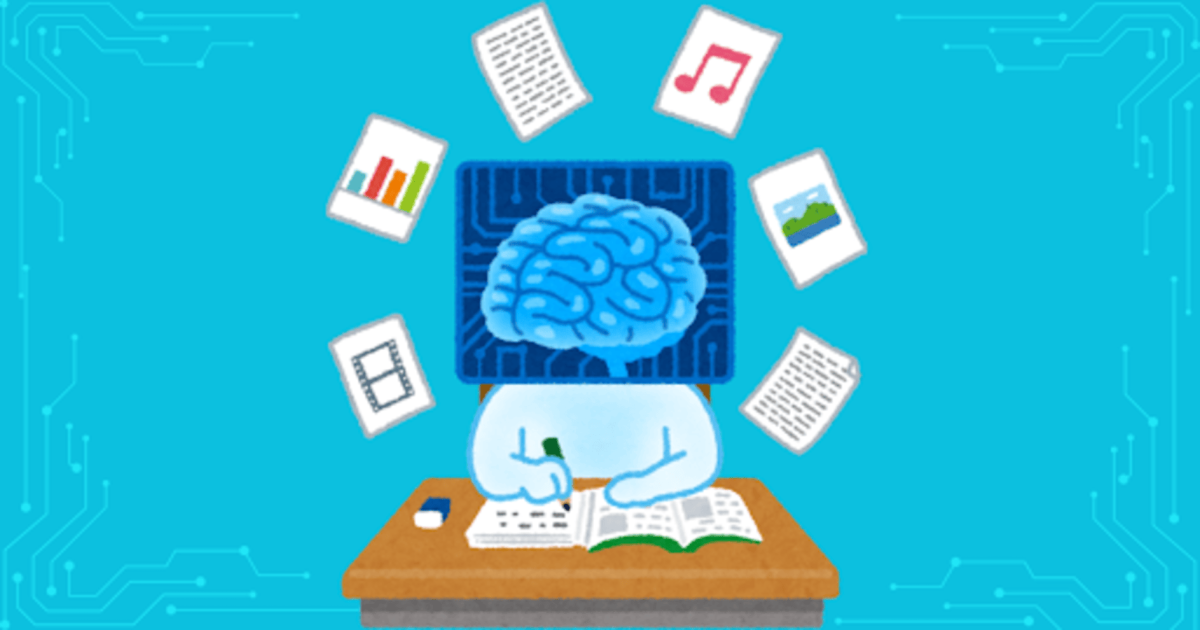Xavier is evolving with new technology and the XCP community is handling all the new features that are implemented. This is part three of a three-part story about the migration of technology at an all-girls school.
I’ve opened my laptop over a thousand times, and I’ve always gotten the same image. I see a screen with the time imprinted with a large white number. I take my right hand and press my thumb against the right corner to verify myself and login.
This time however, I got a message saying that my Apple account was suspended. I thought it was odd because I was currently logged in and nothing seemed out of the ordinary with my data. Then, I discovered, it was a phishing attempt.
With new technological advances being introduced at Xavier, such as Flint AI and new security installments, I wonder how Xavier is handling all the evolving technology and how is it going to affect us in the future?
iCloud, wireless data, is being introduced at Xavier due to a stronger need for protection of data. Currently XCP is hybrid, meaning it has visible servers on campus, or a giant computer is holding all of Xavier’s current information. If the server goes down, information cannot be recovered.
Garrett Mortensen, director of help desk services, explains that, “We are working to move everything to the iCloud setup, so we have redundancy in backups. If it’s redundant and goes down, we will have protection from phishing scandals and ransomwares.”
I had heard of phishing attempts but never knew exactly what they were, not until now. According to Megan Cerullo, CBS News Reporter, the way phishing attempts are, “Malicious SMS messages appear to come from Apple and encourage recipients to click a link and sign in to their iCloud accounts.”
XCP is also implementing a new training exercise for staff regarding phishing scandals. Due to a Tucson phishing scandal that happened last year, Daniel Velazquez, director of help desk services, said, “As the IT department, we have to protect the staff from phishing scandals, which is why we have chosen implemented monthly meetings for all the staff in case they receive a phishing email.”
Alongside phishing attempts, Ransomware, is another type of malware that locks a victim’s data, files, devices or systems, renders staff’s or students’ systems inaccessible and unusable until the attacker receives a ransom payment.
Ransomware attacks have been at an all-time high in 2023 and now, 2024. According to a June 2023 report, by security firm Mandiant, a Google accompaniment, 2023 was a record-breaking year for ransomware. Reporting indicates that victims paid more than $1 billion to gangs—and those are just the payments that we know about.
AJ Vicens, reporter for Cyberscoop, a media outlet that reports on events impacting technology and security, said, “The ransomware group linked to a June cyberattack against auto industry software provider CDK Global received a payment of more than $25 million two days after the attack that hobbled software used by roughly 15,000 car dealerships in the U.S. became public.”
“Because we have all of our information everywhere, people can find our emails and take out information in seconds,” Mortensen said.
Isabella Andrade ‘27 said, “I would like for Xavier to inform me more about phishing scandals and ransomware attempts. Who knows what the future of technology will bring.”
The first technological advancements Xavier installed in the new year were new security features. Xavier switched from tangible locks and keys to ID sensors. Staff and facilities crews now have ID cards that open doors from a single touch. The ID sensors also allow for administration to lock doors automatically from a remote place, in case of a lockdown.
Flint, an AI teacher-programmed website has also been introduced at Xavier. This website uses a personalized learning system that works in every subject. It is an AI-designed tutor to assess students in one-on-one conversations.
The implementations of Flint-AI and new security are benefiting students. It’s something we as an evolving society cannot avoid or ignore. The new security features are keeping staff and students safe. The new locks allow teachers to help secure their classrooms from remote places. Flint-AI is also helping students create quicker solutions. It allows for students to build questions instead of being told answers like Google would. I’m someone who likes to be given a problem and figure out the solutions, which is why Flint-AI is useful. It won’t give me the answer, I’ll still have to piece the so-called puzzle together.
If I grew up in the digital age, however, why am I as well as other students still not understanding all that it entails? Xavier needs to inform students more about phishing attempts and ransomware attempts instead of assuming we know so much because we grew up in the midst of the digital age. If I had never learned about phishing attempts, I could’ve clicked on a button that would’ve stolen all my data.




